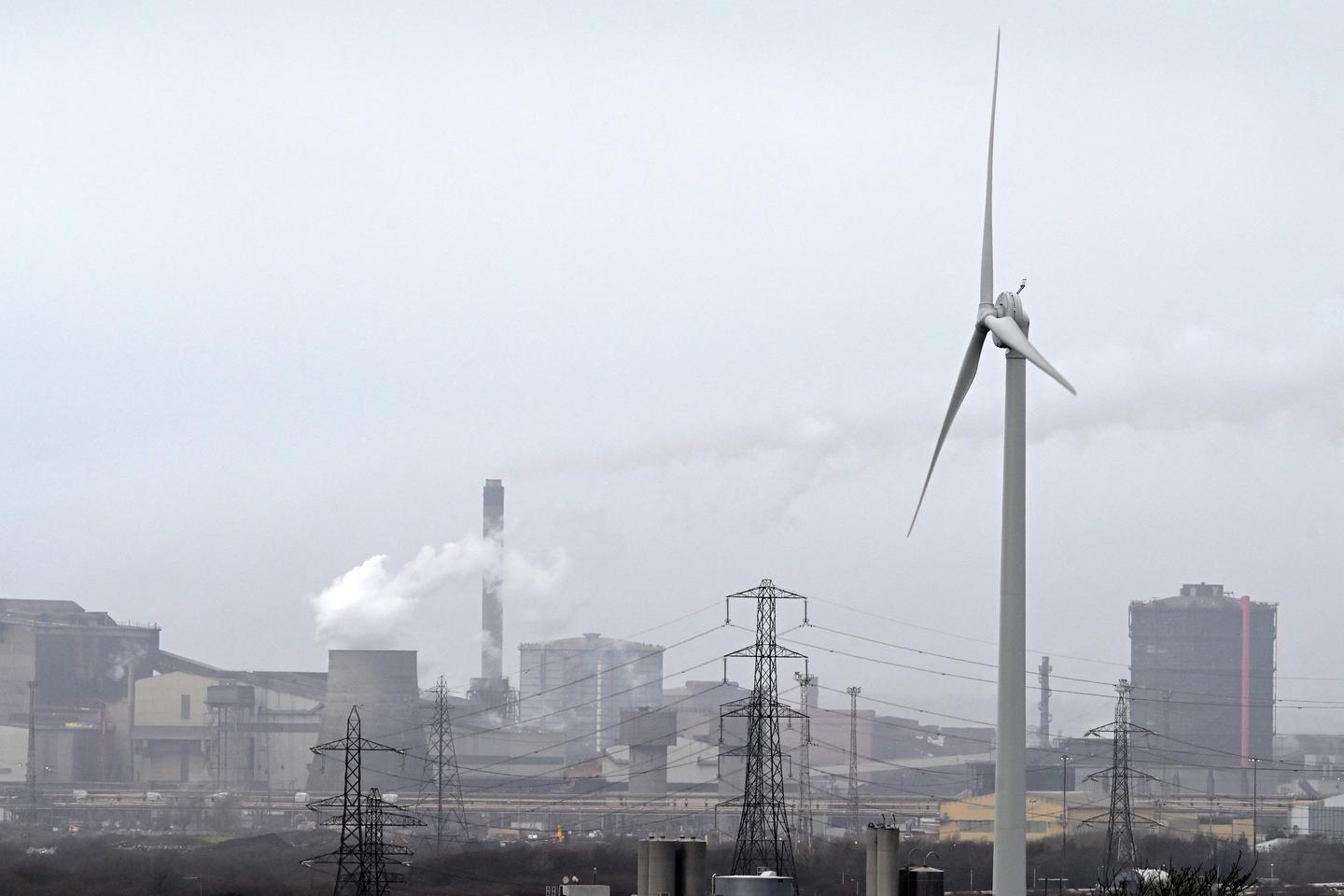


What if Dennis Meadows was right? The 81-year-old American physicist is one of the co-authors of Limits to Growth, the seminal 1972 report that warned of the dangers of economic expansion for the environment. For over 50 years, he has been one of those who have constantly alerted the world to the environmental wall towards which we are racing head-on. Now in the twilight of his life, Meadows despairs of having been so little heard. "The problems caused by climate change and pollution require the deployment of extremely costly measures in the short term, the effects of which will not be measured for decades," he once again concluded in Le Monde on December 2, 2018. No politician or party will win an election with such a program, he insisted. "This is the limit of democracy, which has failed to deal with the environmental problem – even if it remains the best system we know."
Observing what is currently at stake in Europe, it is hard not to agree with his assessment. The environmental transition is in the balance. In recent months, various forces have been working against it. First of all, agricultural discontent. Many farmers in France, Belgium, Spain, Poland, and Greece are protesting "excessive regulation," associated with the European Green Pact. Fearing that the far-right would thrive on their revolt, European leaders are getting nervous. They'd rather scale back their environmental goals. Under their pressure, the Commission has dropped several bills on animal welfare and chemical substances. It has extended the authorization of glyphosate by 10 years and buried the bill that would have reduced pesticide use by 50%.
Pressure is also coming from industries. On Tuesday, February 20, the chemical and petrochemical lobby, represented by the heads of 70 companies in the sector, met in Antwerp (Belgium). They had a message for Brussels about the Green Pact, which requires them to achieve carbon neutrality by 2050. They criticized it for imposing too many constraints at a time when the US and China are supporting their industries with massive subsidies.
Transparency and selflessness
Europe, which only recently dreamed of being a leader on the transition, is heading straight for deindustrialization, warned those industries, while threatening to move across the Atlantic. Some have already done so. On Friday, February 23, Swiss solar panel manufacturer Meyer Burger announced that it will be closing its photovoltaic plant near Dresden, Germany, to "focus" on the US.
No doubt that facing such blackmail, and the risk of deindustrialization resulting in rising unemployment fueling even more anger, leaders will be tempted to further limit their green ambitions. Proof, if proof were needed, of the difficulty for democracy to address the climate issue. "Today, I don't see how people could accept living with less," said Meadows. "We won't choose change: it will be imposed on us, more or less brutally, by rising fossil fuel prices and limited resources."
You have 19.53% of this article left to read. The rest is for subscribers only.
